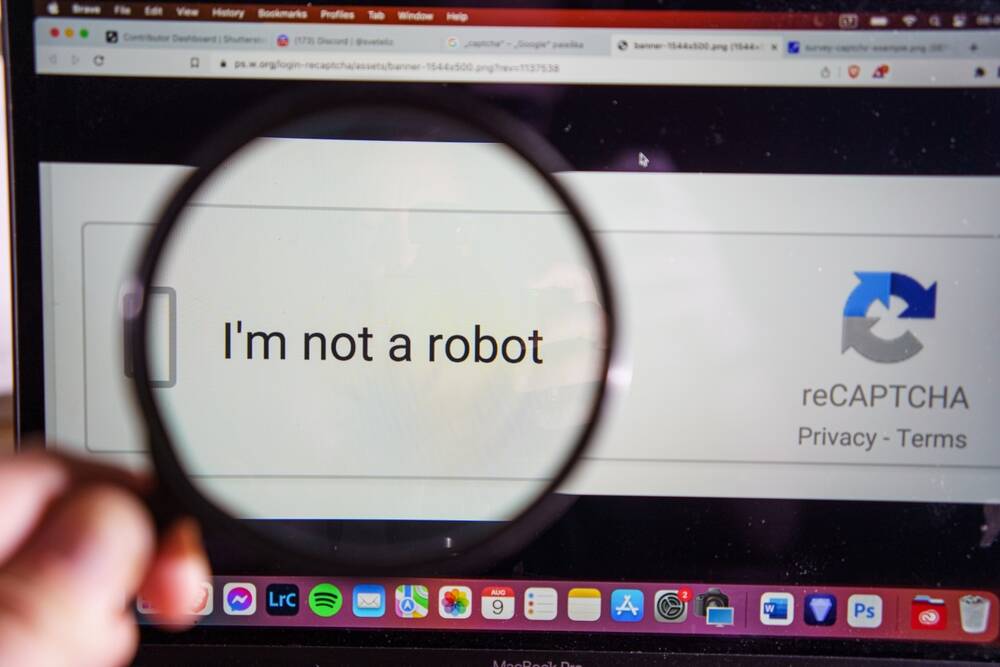It sounds absolutely batty that there is a strong, bipartisan push to lock up aspects of our law behind copyright. But it’s happening. Even worse, the push is on to include this effort to lock up the law in the “must pass” National Defense Authorization Act (NDAA). This is the bill that Congress lights up like a Christmas tree with the various bills they know they can’t pass normally, every year.
And this year, they’re pushing the Pro Codes Act, a dangerous bill to lock up the law that has bipartisan support.
[…]
There are lots of standards out there, often developed by industry groups. These standards can be on all sorts of subjects, such as building codes or consumer safety or indicators for hazardous materials. The list goes on and on and on. Indeed, the National Institute of Standards and Technology has a database of over 27,000 such standards that are “included by reference” into law.
This is where things get wonky. Since many of these standards are put together by private organizations (companies, standards bodies, whatever), some of them could qualify for copyright. But, then, lawmakers will often require certain products and services to meet those standards. That is, the laws will “reference” those standards (for example, how to have a building be built in a safe or non-polluting manner).
Many people, myself included, believe that the law must be public. How can the rule of law make any sense at all if the public cannot freely access and read the law? Thus, we believe that when a standard gets “incorporated by reference” into the law, it should become public domain, for the simple fact that the law itself must be public domain.
[…]
Two years ago, there was a pretty big victory, noting that his publishing of standards that are “incorporated by reference” is fair use.
But industry standards bodies hate this, because often a large part of their own revenue stream comes from selling access to the standards they create, including those referenced by laws.
So they lobbied Congress to push this Pro Codes Act, which explicitly says that technical standards incorporated by reference retain copyright. To try to stave off criticism (and to mischaracterize the bill publicly), the law says that standards bodies retain the copyright if the standards body makes the standard available on a free publicly accessible online source.
[…]
They added this last part to head off criticism that the law is “locked up.” They say things like “see, under this law, the law has to be freely available online.”
But that’s missing the point. It still means that the law itself is only available from one source, in one format. And while it has to be “publicly accessible online at no monetary cost,” that does not mean that it has to be publicly accessible in an easy or useful manner. It does not mean that there won’t be limitations on access or usage.
It is locking up the law.
But, because the law says that those standards must be released online free of cost, it allows the supporters of this law, like Issa, to falsely portray the law as “enhancing public access” to the laws.
That’s a lie.
[…]
t flies in the face of the very fundamental concept that “no one can own the law,” as the Supreme Court itself recently said. And to try and shove it into a must pass bill about funding the military is just ridiculously cynical, while demonstrating that its backers know it can’t pass through regular process.
Instead, this is an attempt by Congress to say, yes, some companies do get to own the law, so long as they put up a limited, difficult to use website by which you can see parts of the law.
Library groups and civil society groups are pushing back on this (disclaimer: we signed onto this letter). Please add your voice and tell Congress not to lock up the law.
Source: Congress Wants To Let Private Companies Own The Law | Techdirt

